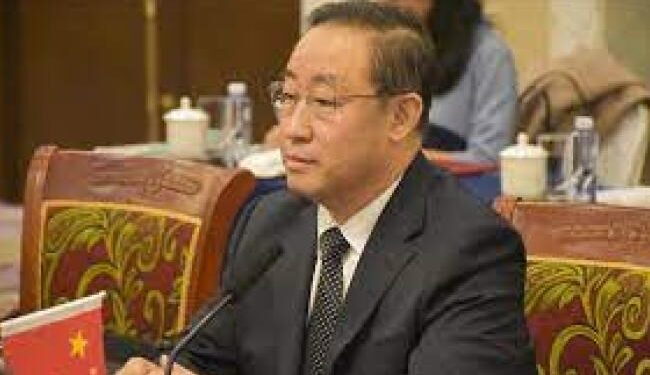The 39th president of the United States and Nobel Peace Prize laureate,Jimmy Carter has passed away at the age of 100, leaving behind an enduring legacy of leadership, humanitarian service, and moral integrity.
Carter’s remarkable journey from a peanut farmer in Plains, Georgia, to the Oval Office epitomized the American dream.
Elected in 1976, he championed human rights, brokered the historic Camp David Accords between Israel and Egypt, and tackled domestic challenges with honesty and resilience. Despite facing setbacks such as the Iran hostage crisis and economic difficulties, Carter’s single term in office laid the groundwork for policies that emphasized peace and social justice.
While his presidency was met with mixed reviews, Carter’s post-presidential life earned widespread admiration. In 1982, he established the Carter Center, which became a global force for democracy, health, and conflict resolution.
His efforts earned him the 2002 Nobel Peace Prize, recognizing his tireless work to alleviate suffering and promote fairness worldwide.
Carter’s dedication extended beyond politics. A devout Christian, he spent decades teaching Sunday school and embodying values of faith, humility, and service.
His advocacy for affordable housing through Habitat for Humanity showcased his belief in empowering the less fortunate.
The loss of his wife, Rosalynn, in November 2023 marked the end of a 77-year partnership defined by mutual love and commitment to humanitarian causes.
Even in grief, Carter’s devotion to family and faith remained steadfast.

Carter’s legacy as a statesman, peacemaker, and advocate for human dignity will continue to inspire generations.
His life reminds the world that leadership grounded in compassion and integrity can leave an indelible mark on history.




